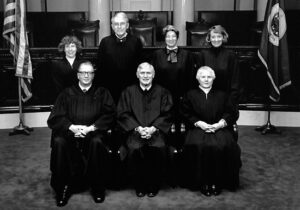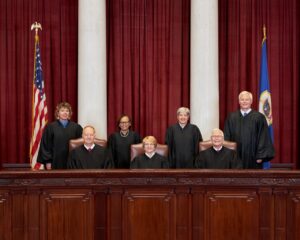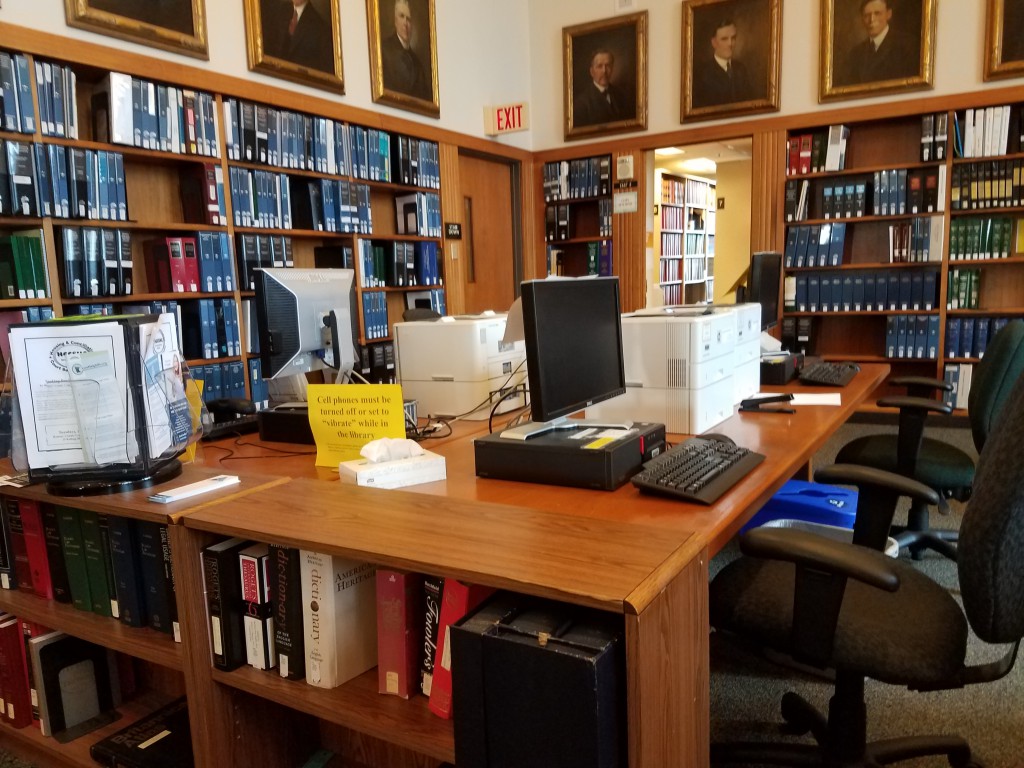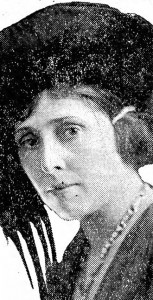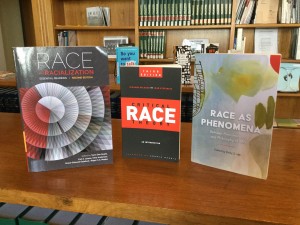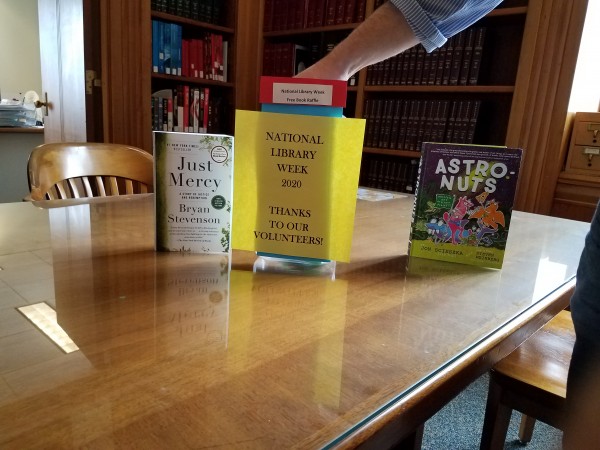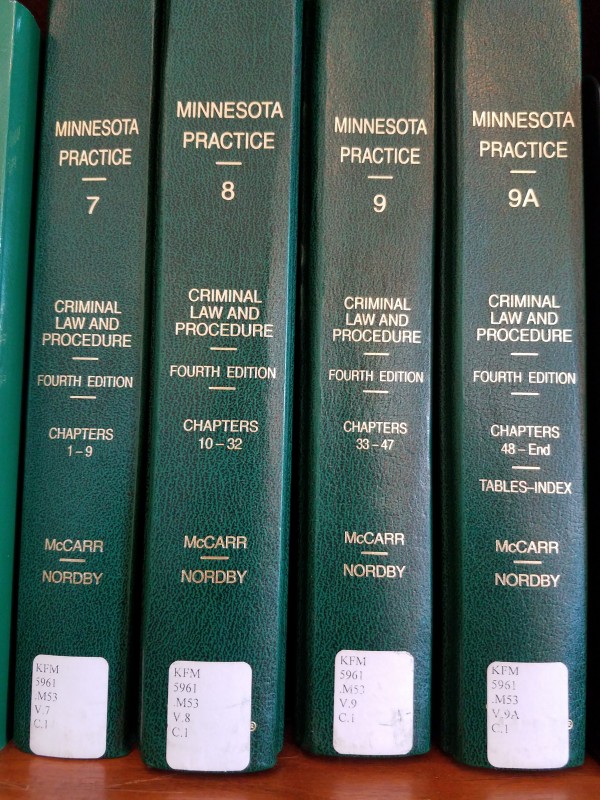
Libraries are united in the mission of providing accurate, relevant, and timely information for their patrons, a mission that has faced challenges in recent decades due to the rapid spread of misinformation online. Law libraries have encountered patrons with preconceived notions influenced by judicially unsupported legal arguments and obscure and questionable interpretations of law often promoted through conspiracy theories on the web. The most common example of this that I have encountered working in a law library is the sovereign citizen.
According to the Southern Poverty Law Center, members of the sovereign citizen movement “believe they are not under the jurisdiction of the federal government and consider themselves exempt from U.S. law.” Individuals who claim to be sovereign citizens reference a wide variety of constitutional interpretations, governmental decisions, and historical agreements to claim they are exempt from everything from taxes to traffic laws. In an effort to have their cases dismissed, criminal trial defendants have claimed that being a sovereign citizen means the court has no jurisdiction over them. This argument was recently used in the highly publicized trial of Darrell Brooks. However, scholars have characterized this criminal defense argument as having no legal applicability.
Time and time again, defendants claiming sovereign citizenship have had their requests for dismissal rejected by the courts. Yet in answering legal reference questions from individuals facing criminal charges, my colleagues and I have frequently encountered patrons requesting information on sovereign citizenship. This experience in not unique to our library. In their 2021 annual report, the Minnesota State Law Library Services to Prisoners Program recorded receiving over 800 questions related to sovereignty from people incarcerated in Minnesota Department of Corrections facilities.
My coworkers at the Ramsey County Law Library and I have discussed how to answer these questions according to our dual responsibilities to neutrally answer every patron’s questions to the best of our ability and to provide the most accurate, relevant information to meet each patron’s need. Navigating these responsibilities proves difficult when a patron’s question originates from misinformation and conspiracy, so I have had to carefully consider my approach.
When encountering a conspiratorial ideology like the sovereign citizen movement, I try to understand what about this particular belief might appeal to an individual. The complexity of the legal system can be overwhelming, especially for people with no legal education or experience. Sovereign citizen ideology advertises a “golden ticket” out of this complexity by promising that once an individual asserts that a court has no authority over them, they will be free to go. Law library staff are in a unique position to combat the attractive simplicity in legal misinformation by connecting patrons with resources that explain legal processes and court procedures in plain language. Whatever information we can provide to demystify the legal system for the average person weakens the appeal of conspiracy theories, offering ways to navigate the system, instead of completely (and unsuccessfully) rejecting it.
In addition to investigating why a piece of misinformation may appeal to a patron, during difficult reference interactions, I emphasize my role as an educator, rather than an arbitrator of the truth. Public librarians have found success in addressing misinformed patrons by avoiding the immediate response of “that’s not true.” Instead, librarians guide the patron through a search for relevant information and instruct them on the information literacy tools needed to evaluate sources (I’m personally a fan of the C.R.A.A.P. test). The sovereign citizen movement, like many movements born of conspiracy theories, believes the government operates in secrecy to hide its illegitimate authority, so transparency in the search process and the source of information is vital in responding to these reference questions.
Instructing patrons in conducting their own searches and evaluating sources themselves is also key for law library staff upholding the boundary between legal advice and legal information. I cannot argue whether claiming to be a sovereign citizen will get an individual out of a traffic ticket or paying their taxes, but I can help a patron search case law to see how courts have previously ruled on this argument or help them find secondary sources where legal experts comment upon the applicability of such approaches.
My hope as an information professional is that I can develop trust with my patrons, making them feel heard even when I think they have been influenced by misinformation. I want to empower them to develop their research skills, so that when they make their own legal decisions, those decisions are based on the most accurate, relevant information available.
A few cases involving sovereign citizen arguments:
United States v. Benabe, 654 F.3d 753 (7th Cir. 2011)
Bey v. State, 847 F.3d 559 (7th Cir. 2017)
Gravatt v. United States, 100 Fed. Cl. 279 (2011)
Bibliography:
Sarteschi, C. M. (2020). Sovereign Citizens: A Psychological and Criminological Analysis. Germany: Springer International Publishing.
Sarteschi C. M. (2020). Sovereign Citizens: A Narrative Review With Implications of Violence Towards Law Enforcement. Aggression and violent behavior, 101509. Advance online publication.
